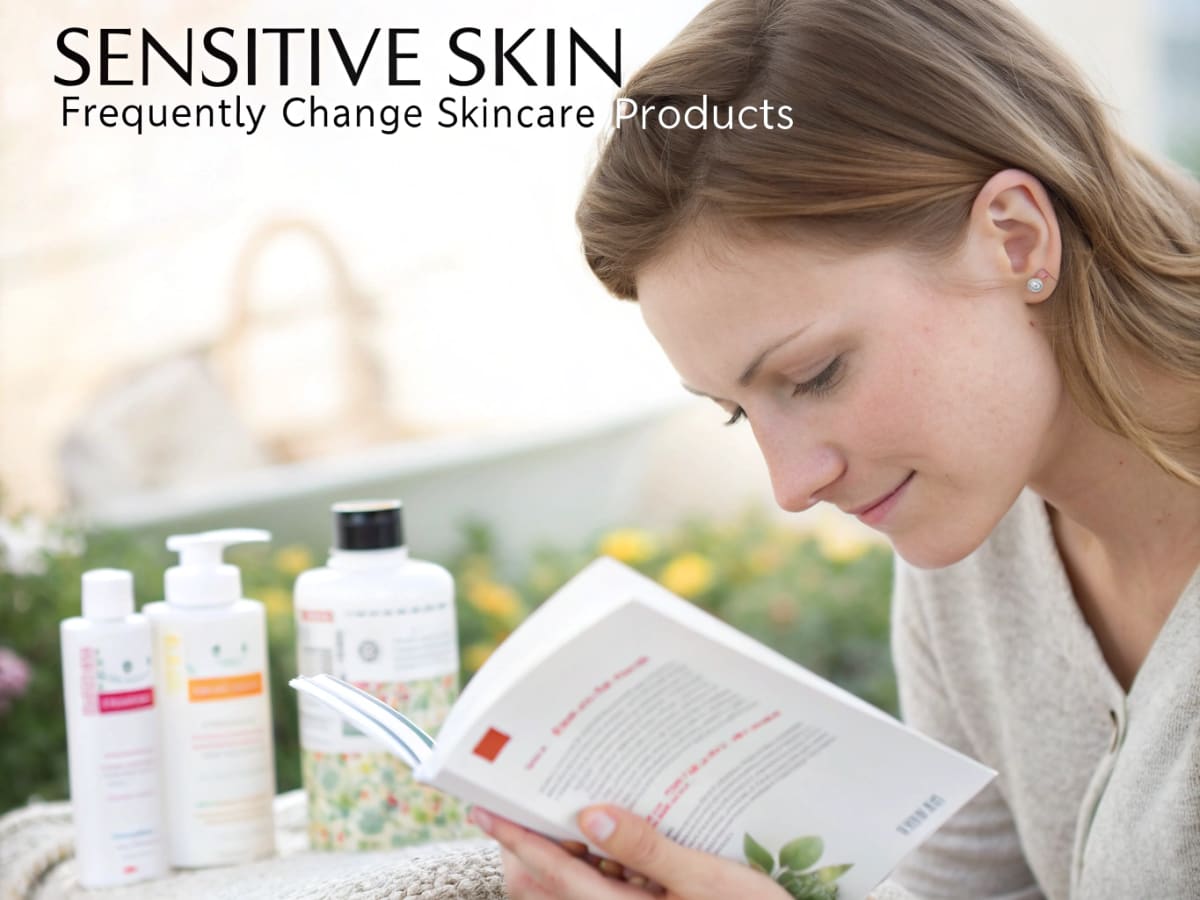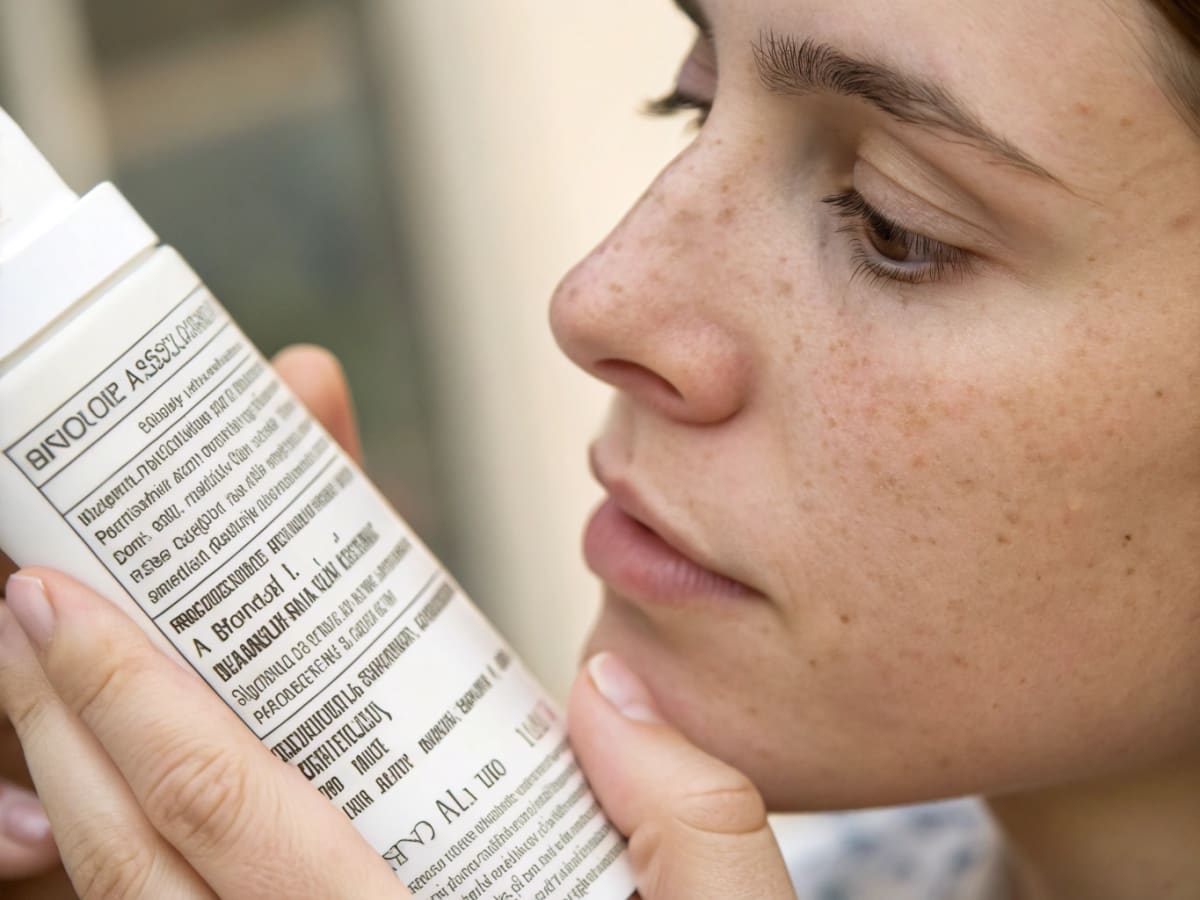
Guide for Sensitive Skin, Cosmetic Nomads
Have you ever bought a cosmetic product labeled as ‘for sensitive skin’ only to wake up with a red and itchy face? If you're tired of wandering through different products as a ‘cosmetic nomad’ to find the right one for your skin, it's time to adopt the right criteria for product selection. With insights from an expert who has analyzed countless cosmetic ingredients and developed products for over 10 years, we share essential Q&A for sensitive skin.
Why Is It Difficult to Choose Products for Sensitive Skin?
Sensitive skin means the protective layer of the skin, or the ‘skin barrier,’ is damaged or naturally weak. When the skin barrier is compromised, the skin reacts easily to even minor external irritants, causing redness, stinging, and itching. Since cosmetics used daily have a direct impact on your skin, it’s crucial to know what ingredients are used and how they are combined. A product that may be a ‘holy grail’ for others could be a source of irritation for you. Thus, instead of following trends, it is essential to accurately understand your skin condition and carefully select products for sensitive skin.

Conditions for Good Cosmetics for Sensitive Skin
Sorting through a wealth of information is not easy. Centering around the most commonly asked questions, we clearly outline the criteria to reduce the risk of failure when selecting products.
Q. Which ingredients should you check first in cosmetics?
A. It’s essential to get into the habit of checking the full ingredient list. Especially for sensitive skin, ‘avoiding’ rather than ‘adding’ is key. Artificial fragrances, artificial colors, ethanol (denatured alcohol), parabens, and sulfate-based surfactants can potentially irritate the skin and should be avoided. Instead, focus on ingredients that help strengthen and soothe the skin barrier. Key ingredients include Panthenol (Vitamin B5), Ceramides, Centella Asiatica Extract (Cica), Madecassoside, and Allantoin. The higher the position these effective cosmetic ingredients are in the list, the higher their content, so it is advisable to examine them closely. Rather than focusing on just one or two ingredients, verify whether the overall formulation is non-irritating and concentrated on soothing and moisturizing the skin.

Q. How much can you trust the claims of 'low irritation' or ‘derma’?
A. Terms like ‘low irritation’ and ‘derma cosmetic’ convey trust to consumers, but there are no legally defined standards for these terms. Therefore, it can be risky to rely solely on these marketing claims. Instead, verifying objective test results is a much more reliable method. Check if the product details indicate ‘completed skin irritation test’ or ‘suitable for sensitive skin test.’ This signifies that the product has been evaluated for its level of irritation on the skin by an authorized clinical agency.
“Rather than relying on the emotionally appealing term ‘gentle,’ getting into the habit of confirming objective human application test results is the surest way to find good cosmetics for sensitive skin.”
While these test results do not guarantee 100% that there will be no irritation for everyone, they serve as an important indicator of the manufacturer's efforts to minimize potential irritants.

Correct Usage to Maximize Actual Effects
Regardless of how excellent the cosmetic for sensitive skin is, the results vary greatly depending on how it is used. With correct usage, you can reduce the risk of skin irritation and fully absorb the product’s effective ingredients.
Q. How to test a new cosmetic safely?
A. Before using a new product on the entire face, it's safe to conduct a ‘patch test.’ The method is simple. Apply a small amount of the product on the inside of your arm or behind your ear, where the skin is relatively thin and reactions are easier to observe. Observe for any redness, swelling, itching, or rash for at least 24 to 48 hours. If there are no unusual reactions, you can start using it on your face. This simple habit can protect you from unpredictable skin troubles. Especially when trying new cosmetic ingredients, do not skip this process.
Q. Is there an effective skincare routine order?
A. For sensitive skin, remember the principle of ‘less is more.’ Layering too many products can burden the skin, weakening its barrier. The key is to minimize the routine to only the necessary steps. The most ideal order is as follows:
- Cleansing: Gently cleanse with a mildly acidic cleanser that does not disrupt the skin’s pH balance.
- Balancing the Skin: Use your hands instead of cotton pads to lightly absorb a soothing toner that calms and hydrates the skin.
- Intensive Care: Use functional ampoules or serums that address your skin concerns. However, high-concentration products can be irritating, so start with a small amount and monitor your skin's reaction.
- Moisture and Protection: Apply a moisturizer with Ceramides or Panthenol generously to prevent moisture from evaporating, strengthen the damaged skin barrier, and finalize the routine.
Choosing cosmetics for sensitive skin requires a comprehensive approach that considers objective factors such as ingredients and clinical test results, rather than merely selecting products labeled as gentle. YURICO5 supports the development of customized cosmetic products based on professional product planning experience that meets these standards and aligns with the skin’s characteristics and goals. If you are interested, please consider requesting a consultation through planning request.
